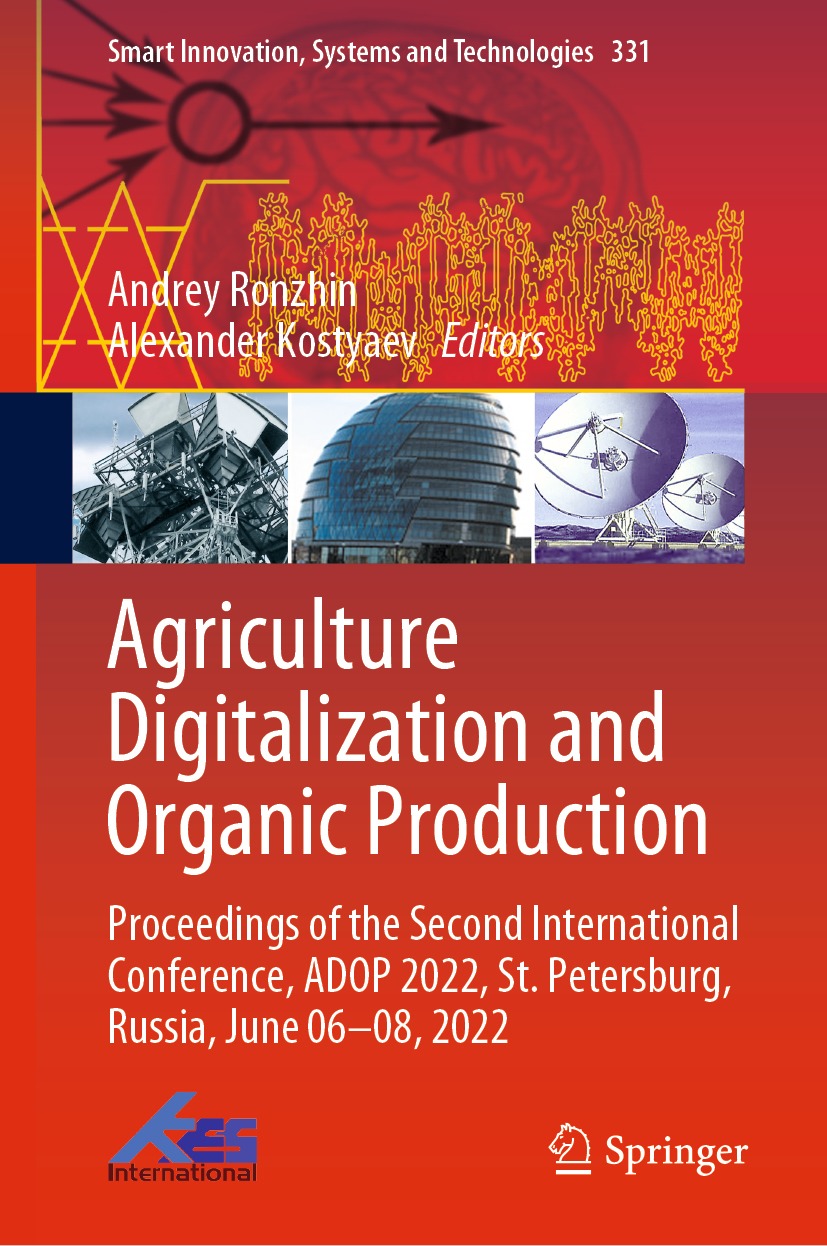This book offers a new argument for the ancient claim that well-being as the highest prudential good – eudaimonia – consists of happiness in a life according to virtue.Virtue is a source of happiness, but happiness also requires external goods.The argument takes into account recent work on happiness, well-being, and virtue, and defends a neo-Aristotelian conception of virtue as an integrated intellectual-emotional disposition that is limited in both scope and stability.












